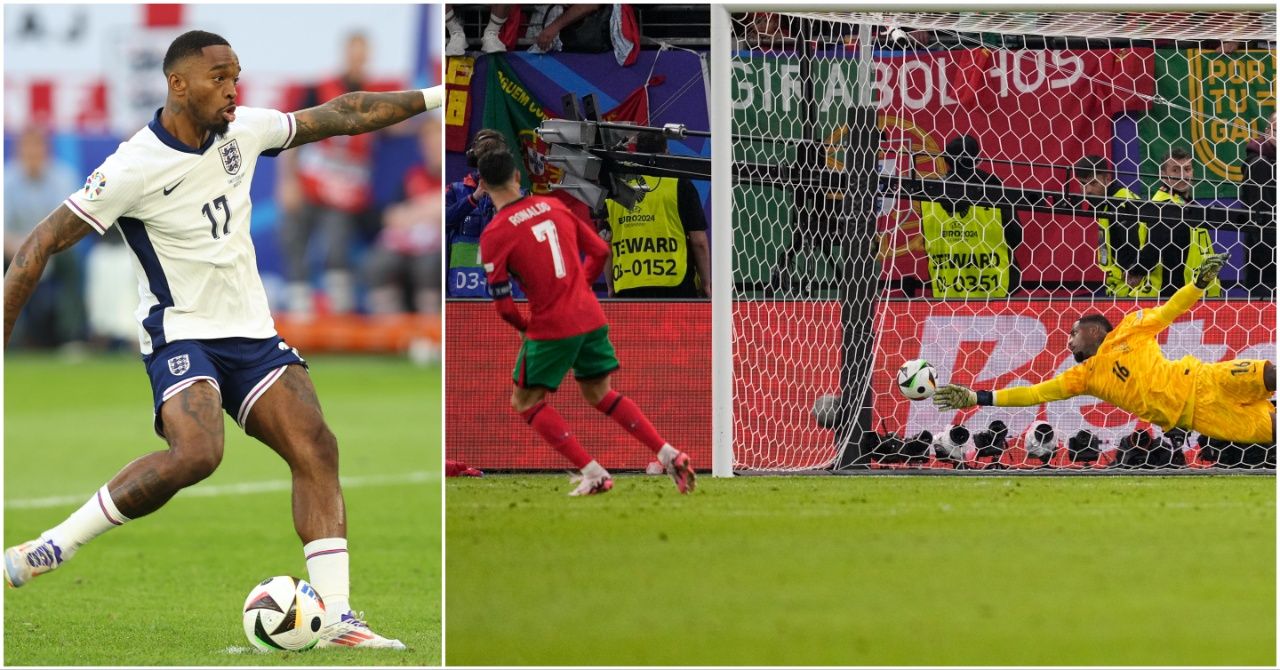The Art of Deception: How Goalkeepers are Fooled by Stuttered Penalties
Penalty kicks are the ultimate test of skill, strategy, and mental toughness in football. The game of cat and mouse between the taker and the goalkeeper is a thrilling spectacle, and the stuttered run-up has become a popular tactic to gain an advantage. But is it fair? We spoke to a goalkeeping expert to get to the bottom of this controversy.
The Science Behind the Stutter
Taking a penalty is a high-pressure situation, and any slight advantage can make all the difference. The stuttered run-up, where the taker pauses or slows down before striking the ball, is a clever ploy to throw off the goalkeeper’s timing and decision-making. It’s a technique that requires great skill and mental focus, as the taker must be able to gauge the goalkeeper’s reaction and adjust their shot accordingly.
Goalkeeping Expert Weighs In
Former referee Mark Clattenburg, who has officiated several high-profile matches, including the 2014 World Cup, believes that the stuttered run-up is unfair. "What I don’t like is with that run-up and the stuttering of it, even though it’s allowed because it doesn’t stutter at the addressing of the ball, once he does that the goalkeeper has got to come off his line. I just feel it’s unfair, once they do the stutter and the goalkeeper comes off his line, it seems unfair. But the law says once the goalkeeper is off the line it has to be disallowed and retaken."
The Impact on the Game
The stuttered run-up has become a hot topic in the world of football, with many arguing that it’s an unfair advantage for the taker. However, others believe that it’s just a clever tactic that requires great skill and strategy. Whatever the case, one thing is certain – the stuttered run-up has added a new layer of complexity to the art of taking a penalty.
Related Article: Ranking the 9 Best Penalty Takers in Football History
For more updates on the world of football, follow us on all social media platforms!
